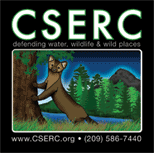How to protect wild places during your visit
Public lands and wild places belong to everyone. However, these wild places also belong to the many species of wildlife that live there as well. We have a responsibility to preserve and protect these areas while for future generations. Below we have listed seven easy and important ways that you can help preserve wild places while you recreate:
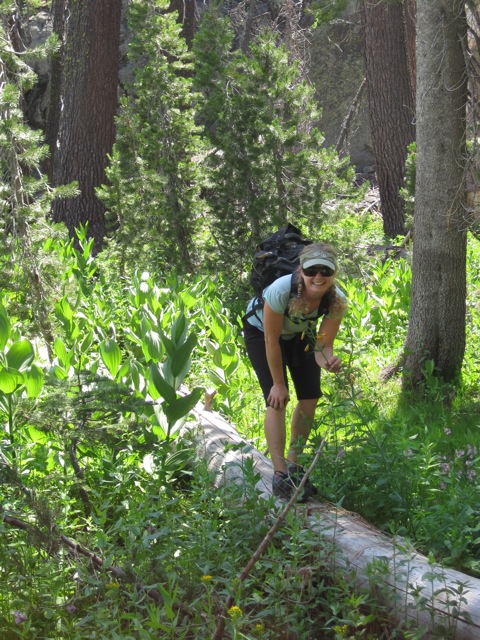
Stay on hiking trails
Hiking trails prevent soil erosion, the creation of multiple trails, and the trampling of wildflowers and plants. Please stick to trails whenever possible to ensure that your impact on the surrounding area will be minimal.
Leave things as you found them
In all wild areas, it is important to leave rocks, flowers, artifacts, and other objects, as you found them to ensure that others will be able to experience and enjoy them in the future. Also, try to avoid doing anything which can have lasting impacts on the area, such as digging trenches and building structures.
Camp in designated campsites and/or on durable surfaces
If there are designated campsites where you plan to stay, it is best to use one of them. However, in the backcountry, where obvious campsites might not be present, it is best to stay on durable surfaces, such as rock, sand, and gravel, to lessen your impact on the landscape.
Try to avoid making loud noises
Be as quiet as possible during your stay in any wild area out of respect for other visitors and to minimize disruptions to surrounding wildlife. Also, letting nature’s sounds prevail may even be a profound experience for you, possibly even providing the opportunity to see wildlife that would otherwise have been scared away by your presence.
Try to minimize the impacts of campfires
If campfires are permitted where you are staying, be sure to use preexisting fire rings and keep fires small. If fire rings are not present or legal, you can use a lightweight stove for cooking and a small lantern for light.
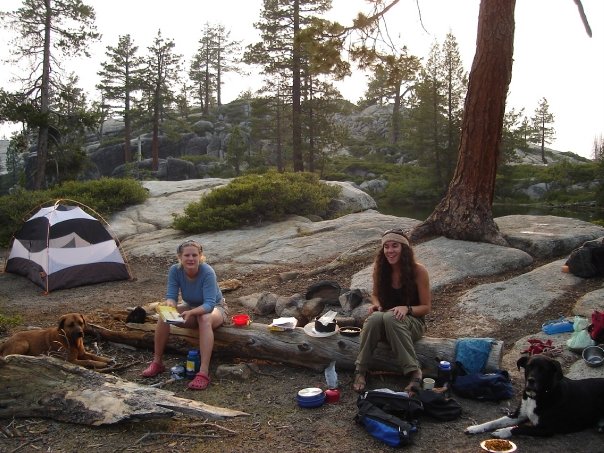
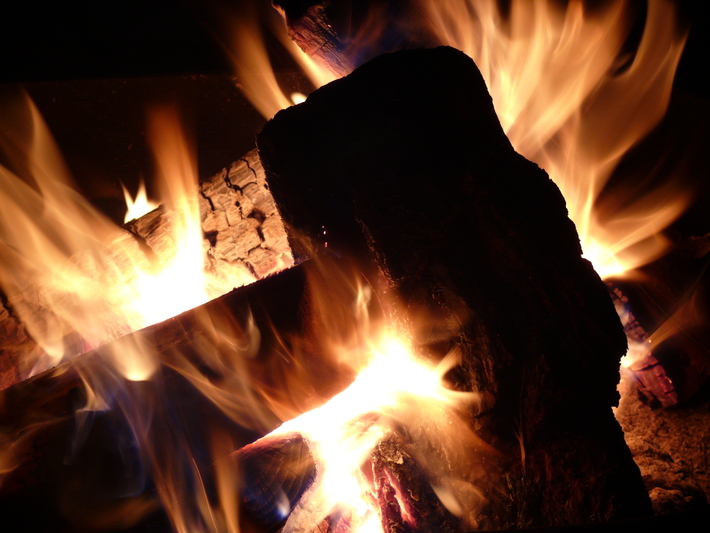
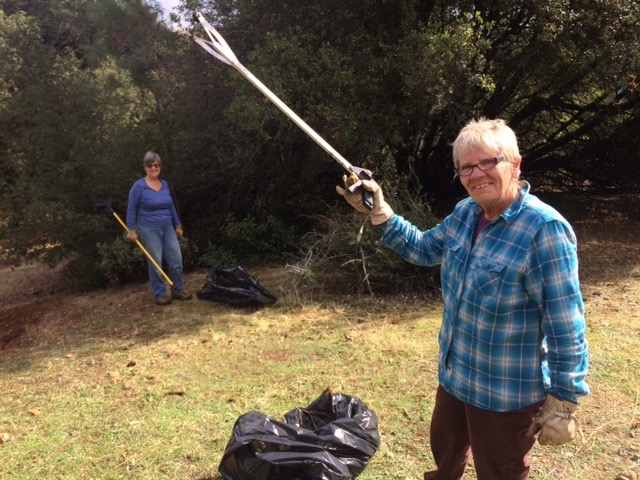
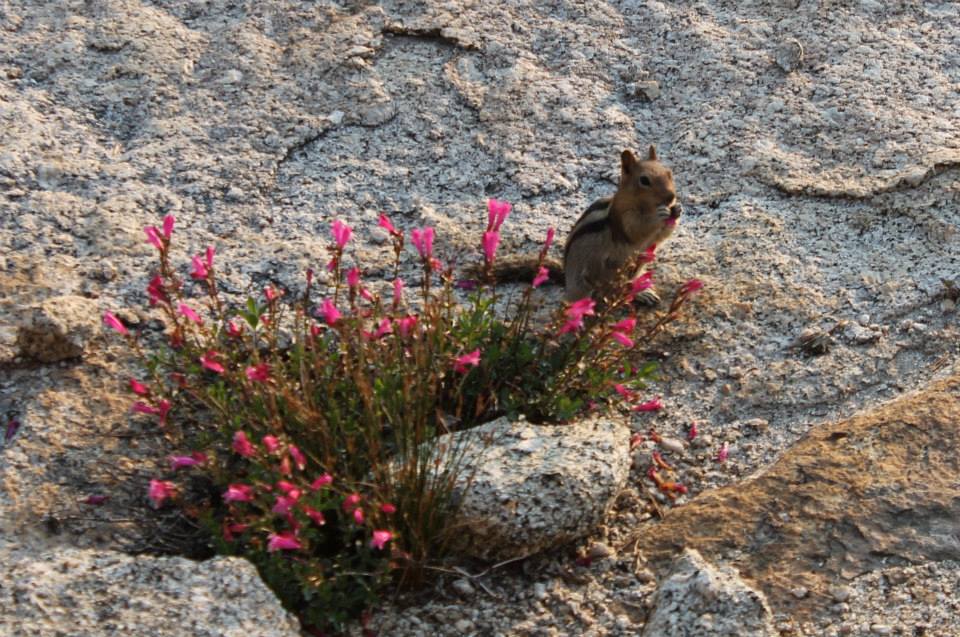
Dispose of trash and other waste properly
Be sure to pack out all your belongings, leftover food, and trash when you leave. Deposit human waste in a cat-hole dug at least 6 inches deep and at least 100 feet away from nearby streams or lakes. When washing yourself or dishes, carry water at least 100 feet away from streams and minimize your use of soap. Do not use soap in any lake or stream.
Don’t feed or disturb wildlife
It is very important not to feed or approach wildlife. Human food can be damaging to the health of wildlife species. It can increase their dependence on humans and expose them to many other dangers. Also, approaching wildlife is not only very disruptive to them, especially during sensitive times, such as when raising young or in the winter, but can also be very dangerous to you. Many animals that look harmless and/or friendly, such as deer and squirrels, can unexpectedly bite, kick, charge, or even transmit diseases to humans.

